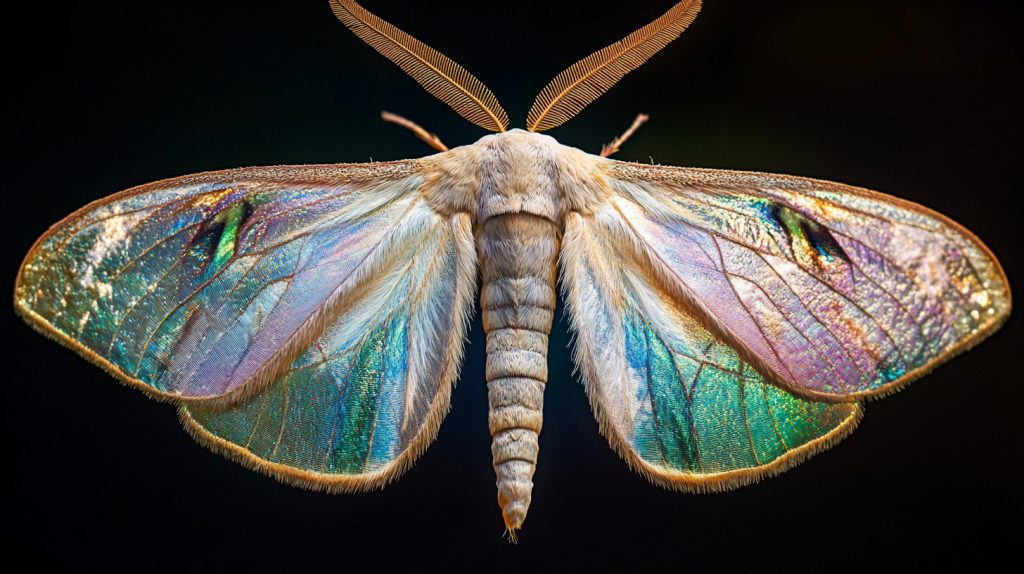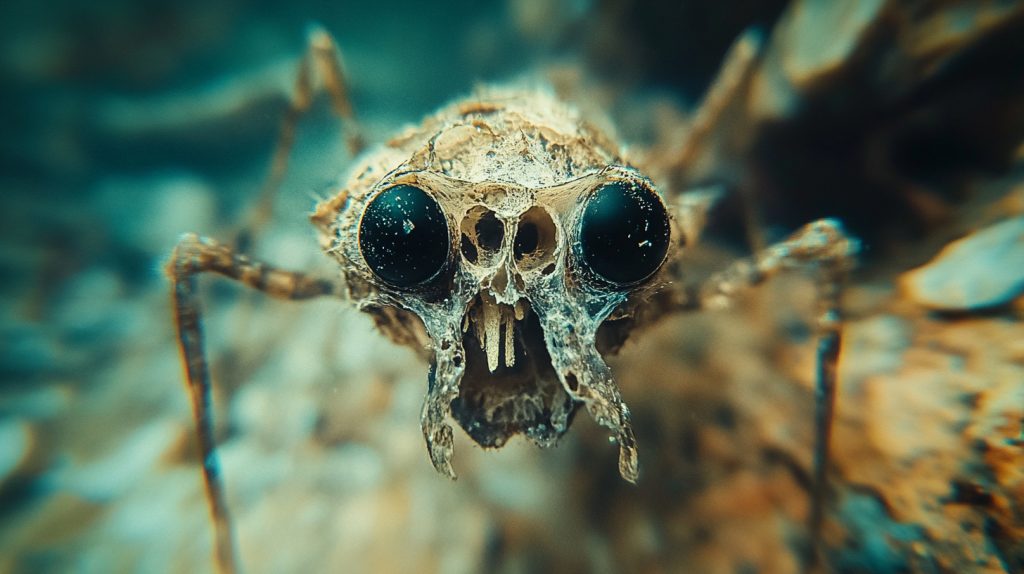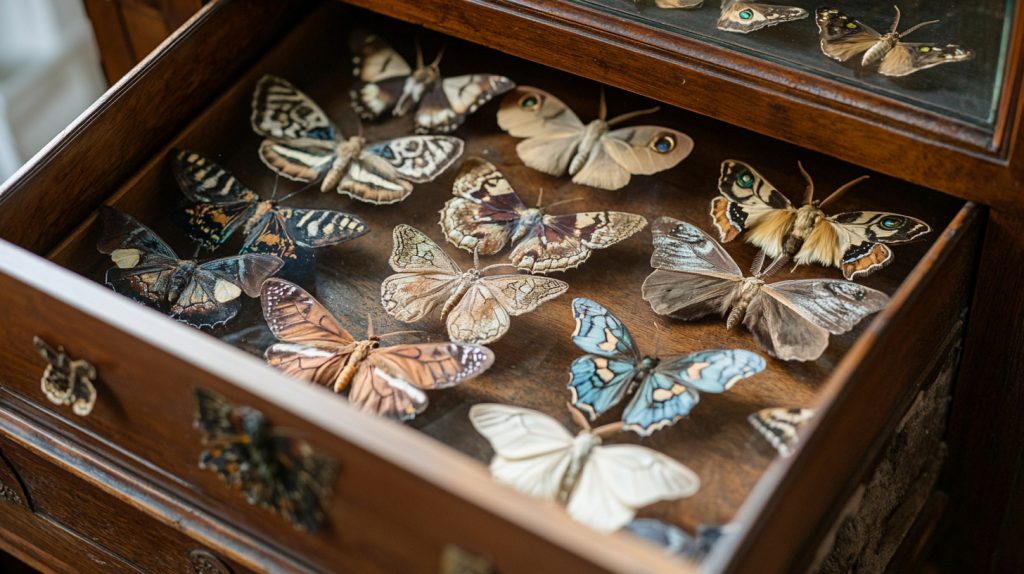Alexandra Coville-Stewart’s groundbreaking discovery challenges long-held beliefs about evolution, showing that nature doesn’t always evolve toward ‘betterment’.
Alexandra Coville-Stewart isn’t one to rock boats, upset apple carts, or make waves.
Her passion lies in the joy of scientific discovery. For her, the pursuit of truth is not only the pinnacle of scientific endeavour but also a unifying force.
Truth, she believes, can rally people – resolve their differences and foster consensus. However, when she presented her latest paper to the Guardian City Royal Society, the backlash from her colleagues made her question this belief. They were outraged by her challenge.

Doesn’t help that she’s young, intelligent, and won medals for horse-riding when she was a teenager.
In short, she has it all.
When she walked into the society’s august lecture hall, at the invitation of the president, she was widely accepted as a breath of fresh air, greeted as an elderly uncle might receive a presentable young niece.
When she began speaking, everyone was thoroughly delighted with her diction and poise. When she reminded the gathering of the conjectures they – the esteemed audience – had compiled when they were young scientists, they luxuriated in their certitude.
The comfort of the evolutionary narrative
The orthodoxy in evolutionary biology was straightforward: creatures evolve and adapt to their circumstances and environmental constraints.
Regardless of means or mechanics, the essence of this process, for many scientists, is betterment – a journey toward more refined and efficient forms. This carried with it an almost spiritual significance.
The idea was advocated by Sir Joshua Wheatcroft, a former president of the society, who imbued his scientific work with a moral zeal.

Sir Joshua, writing half a century ago, captured his creed.
“In our numerous observations of the natural world, few phenomena inspire as much awe as metamorphosis.
“The transformation of the lowly caterpillar into the resplendent butterfly, or the ungainly tadpole into the noble frog, exemplifies nature’s extraordinary ability to refine and perfect her creations.
“Each metamorphic journey seems to elevate the creature from a state of simplicity to one of greater beauty, resonating deeply with our innate sense of progress and improvement.
“It is my firm belief that metamorphosis serves as a testament to nature’s inherent drive towards betterment.
“The intricate process by which an organism reconstitutes itself into a more capable and aesthetically pleasing form strikes me as emblematic of a higher purpose woven into the very fabric of life. Through metamorphosis, nature demonstrates her capacity to elevate life forms, guiding them towards their fullest potential.
“Just as the insect emerges from its cocoon as a creature of grace and purpose, so too can we, through diligence and enlightenment, aspire to become better versions of ourselves.”
A discovery that defies the notion of evolution
Coville-Stewart’s response to this was succinct.
“Nuh-uh.”
Murmurs in the raked lecture hall followed this rejection.
“Meet the skull-headed mouse weevil,” she said.
The (misnamed) skull-headed mouse weevil (Craniumurina muscaeformis) seeks to embed itself in the stomach of a herbivore, beginning a protracted reproductive cycle that ends with egg deposition via explosive dung expulsion.
Some herbivores, needing phosphate, devour bones. To these phosphate seekers, the skull-headed mouse weevil appears to be the dish of the day.
But, like Sir Joshua, they are wrong.
- Welcome to the Guardian City blog
- Food review – inside the spider cafe that’s making everyone squirm
Coville-Stewart explains, “We were studying the weevil to understand its life cycle. Apart from this manifestation, its life was a mystery until we discovered…” She pauses, legs and arms crossed as if bracing for attack. “Then we discovered the lumina moth.”
The lumina moth is more to our taste – graceful, colourful, spectacular, ethereal. It is Sir Joshua’s idea of a pinnacle. Of evolution. The notion that the grim skull-headed mouse weevil metamorphoses into the glorious lumina moth would be startling, but not contrary to Sir Joshua’s thinking.
And here’s the compelling evidence
However, Coville-Stewart’s revelation – that the glorious lumina moth becomes the ugly skull-headed mouse weevil – is dynamite.
Coville-Stewart says, “This glorious moth that mutates the other way.”
She makes a face when she says “the other way,” recognising that she is framing nature in directional terms rather than as a series of random, thoughtless changes which is her argument.

She finished her talk but in stony silence and to the polite applause. The grandson of Sir Joshua, also Joshua, declined to stay for drinks.
Coville-Stewart’s discovery has challenged the comforting narrative of nature’s relentless march toward betterment, forcing a reconsideration of the very purpose of evolutionary progress.
Oops. She’s really sorry about that.

